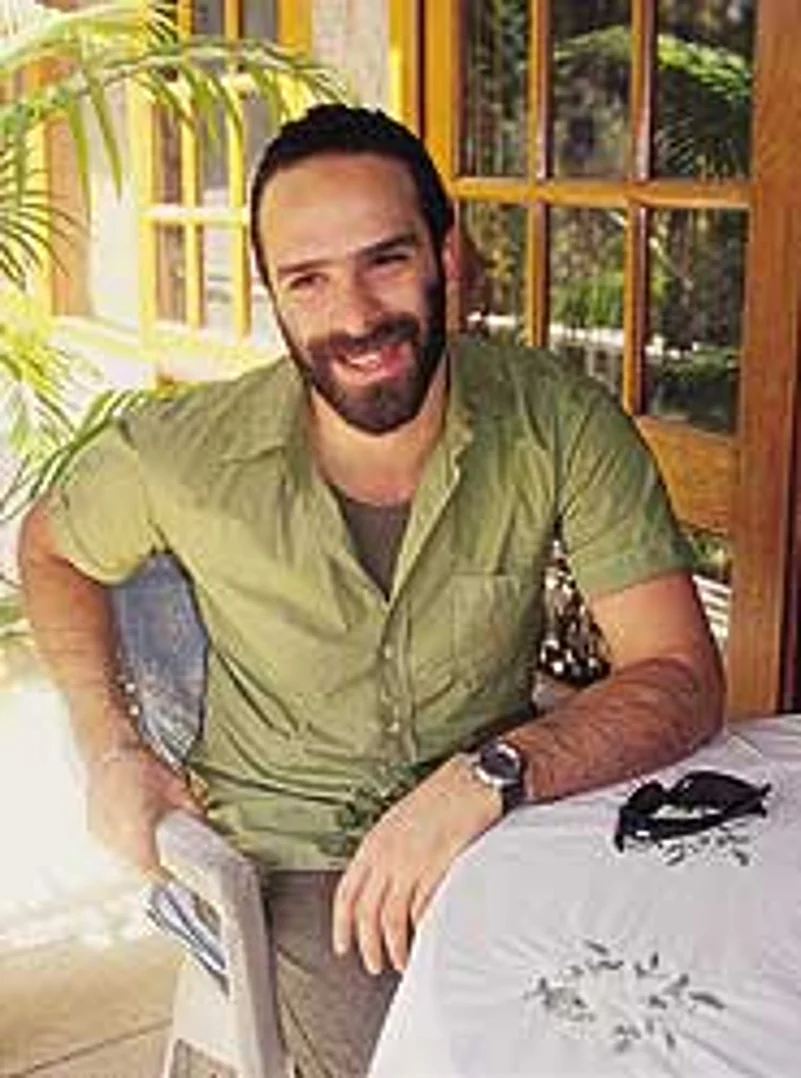
The Persian Sufi
His album Teheran Nights is banned in Iran because it is deemed to stray too far from traditional music. But here he is for the fourth time in six years.

The Persian Sufi
The Persian Sufi
His album Teheran Nights—a funky, electronic take on traditional Iranian Sufi music—is banned in Iran because it is deemed to stray too far from traditional music. Despite this, Pedram, in town to perform at Jahan-e-Khusrau for the fourth time in six years, is happy making his own unique music.

You’re here with the Rumi Group, but you also perform with other groups,correct?
How has the response been to your experimentation? Isn’t Teheran Nightsbanned in Iran?
How did your album make it to India then?
Teheran Nights!
Published At:
-
Previous Story
 Jurassic World: Rebirth Review | Navigating the Thin Line Between Tribute & Transformation
Jurassic World: Rebirth Review | Navigating the Thin Line Between Tribute & Transformation - Next Story
MOST POPULAR
WATCH
×














